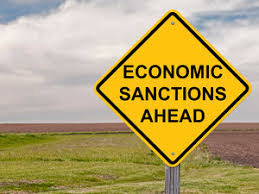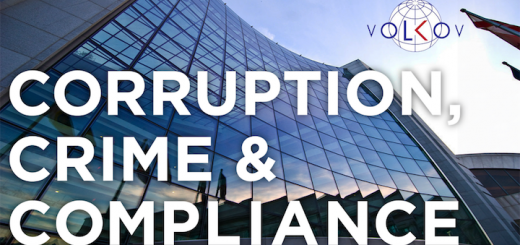Episode 339 — The Four Sanctions Cases that Everyone Should Know

The Justice Department has repeated on several occasions that it intends to aggressively prosecute corporations for sanctions and export controls violations. The “New FCPA” is how the Justice Department characterizes its plan.
To execute the strategy, DOJ has assigned 25 new prosecutors. This is the most important fact — unleashing 25 new prosecutors with the goal of bringing criminal cases against corporations and individuals will inevitably result in fresh criminal cases, complex settlements and application of the National Security Division’s recently-announced corporate enforcement policy and voluntary disclosure program. The DOJ assigned a chief counsel for corporate prosecutions of sanctions violations in the National Security Division to oversee the new initiative to increase prosecution of criminal violations.
In reaction to this new landscape of evolving threats and corporate risks, the DOJ warned companies to take affirmative steps to improve their compliance programs beyond the implementation of sanctions-screening software and focusing on a few sanctioned countries. To this end, the DOJ has noted the importance of “investing significant additional compliance resources in [preventing national security and criminal misconduct].”
Aside from the DOJ’s extensive guidance for ethics and compliance programs, OFAC issued its own guidance governing sanctions compliance programs. See A Framework for OFAC Compliance Commitments (May 2019), available at https://ofac.treasury.gov/media/16331/download?inline. OFAC outlined five key elements of an effective sanctions compliance program: (1) Management Commitment; (2) Risk Assessment; (3) Internal Controls; (4) Testing & Audit; and (5) Training.
To prepare for this new set of criminal enforcement risks, legal, ethics and compliance professionals will need to familiarize themselves with several significant cases in this area.















